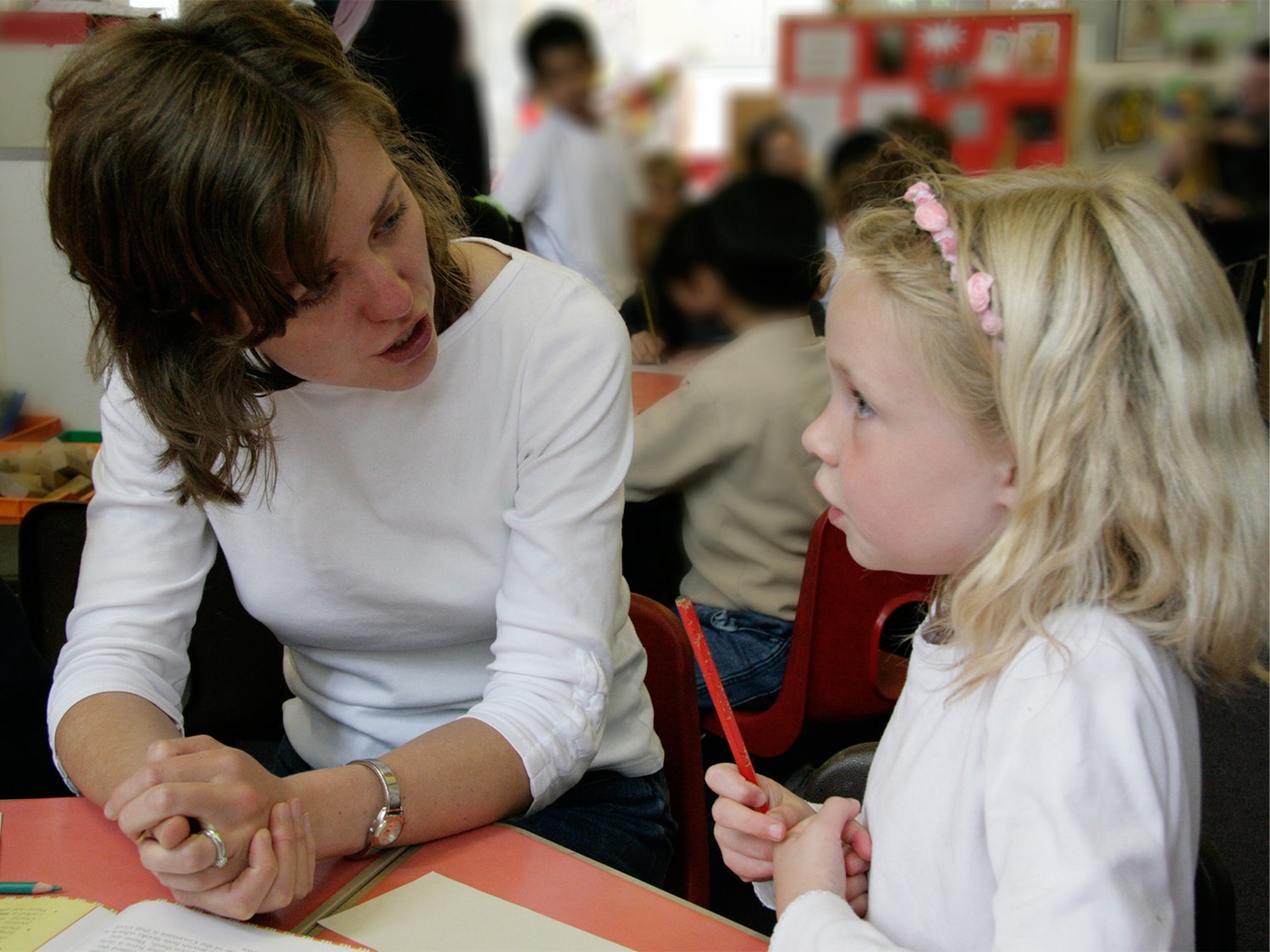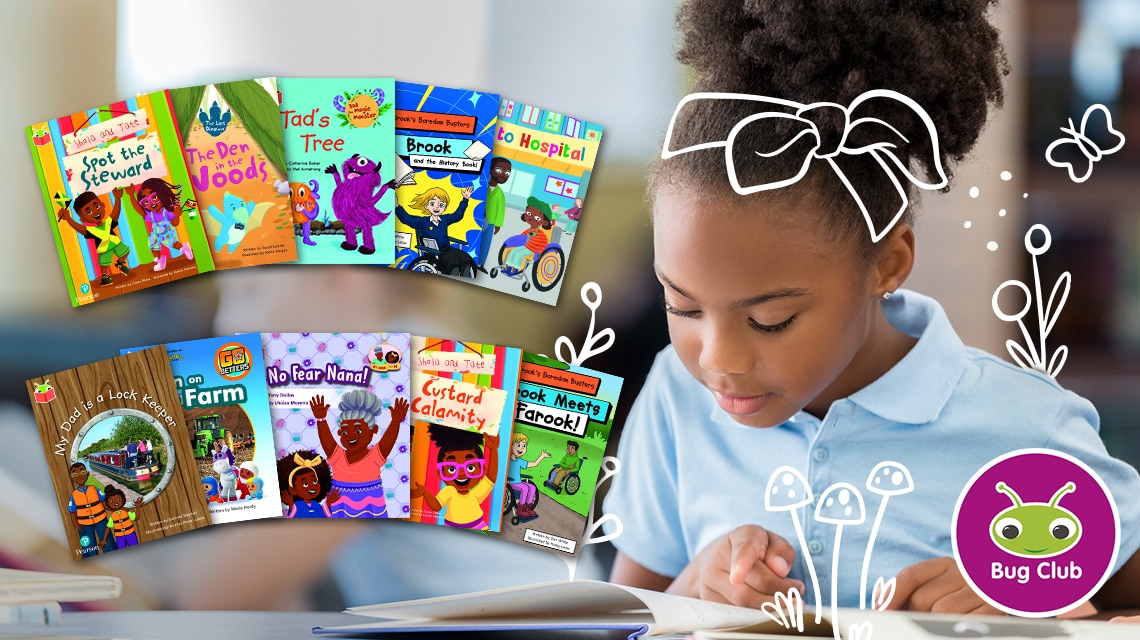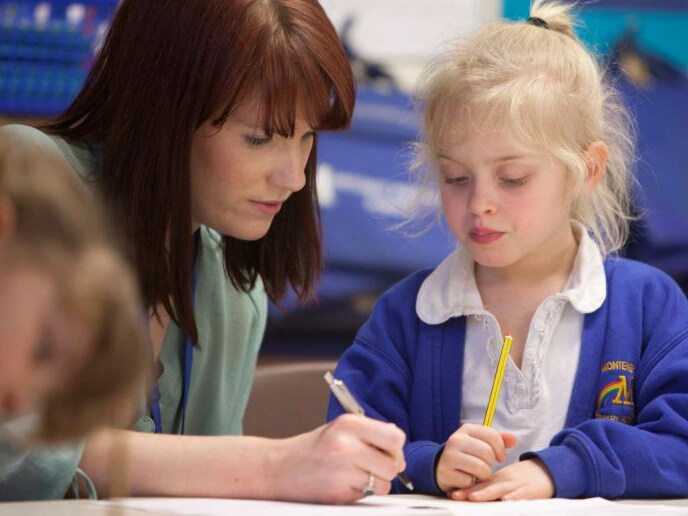Remember Pavlov? He’s the guy who conditioned dogs to respond with a saliva reflex to the sound of bell.
At first, the dogs would be given a nice juicy piece of meat each time the bell rang, until eventually, the neural pathway was strong enough that the dogs would salivate at the idea of being fed even when the piece of meat was then withheld.
Obviously, as humans we’re a bit brighter than your average dog. But that doesn’t mean we don’t respond to conditioning – particularly when fear is involved. For many years now you’ve been expected, as teachers, to take a data-led approach to assessment. To give each child a number and to measure their progress as their evolution between these numbers.
A failure to keep track of, and to report on children’s attainment using these numbers would result in a less-than-glowing appraisal of your school’s performance from Ofsted.
So, while the DfE has long been clear that Levels are finished and that schools are free to develop their own systems of assessment and reporting, so strong is the conditioning that many schools have had difficulty believing in this freedom and letting go of the old regime.
Even those wanting to engage found themselves in a vacuum of information and direction. For pressured Heads and senior leaders with a mountain of things on their plate already, the whole area of assessment must have seemed like a ticking time-bomb that they didn’t have the manual or the time to defuse.
The Commission on Assessment without Levels was therefore set up to provide guidance to schools on creating their own assessment policies, and to help them through a time of ‘radical cultural and pedagogical change’ (to borrow from John McIntosh’s foreward to the commission’s final report).
What it does do, is provide a manifesto for high-quality, meaningful assessment that offers guidance to schools to help them develop their own policies.
However, if any schools were hoping for an off-the-peg solution to assessment or a replacement set of levels fitted to the new curriculum, the commission’s final report does not deliver.
It provides no templates, and prescribes no specific content for a school’s assessment policy. What it does do, is provide a manifesto for high-quality, meaningful assessment that offers guidance to schools to help them develop their own policies.
The detail is of course available within the report itself, but the overall message is that formative assessment is crucial; that acting upon assessment is far more important than recording it, and that schools ought not to be driven by expectations of what they think Ofsted inspectors are looking for. (The latest Common Inspection Framework plainly states that they are not looking for a particular approach).
The report also identifies what needs to happen in order for schools to feel completely comfortable and secure about their assessment policies. To be able, in short, to let go of the old way of thinking without fear of reprisal.
This includes a greater focus on assessment as part of initial teacher training, training for school leaders and Ofsted inspectors around the principles and purposes of assessment, and what best-practice looks like.
Does this mean the demise of summative assessment? Not at all. The report recognises that summative tests are a useful means of evaluation pupils’ learning and progress at the end of a period of teaching.
It’s important, however, that the data is not an end in itself, but is a way of a way of getting information that supports pupils' progress and attainment to help you tailor your teaching accordingly.
It follows therefore, that when you’re creating, or looking for ready-made summative assessment resources, you need to think about how they help you to close that loop.
What do you do now? Well, whatever it takes to get rid of that old conditioning. Grasp this opportunity for what it is – a government sanctioned move towards a more innovative, child-focused, sensible approach to assessment.
Read the report, if you haven’t already, and get excited. And most of all, believe. Believe that you know what good assessment looks like, and believe that the DfE trusts you to make it happen.





